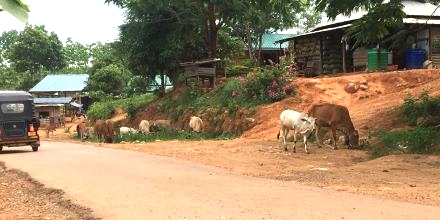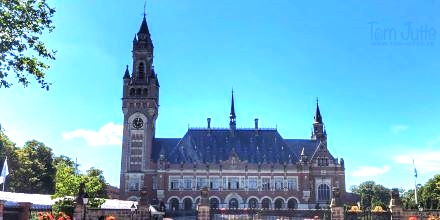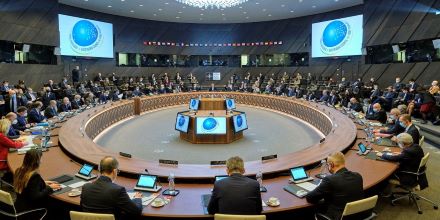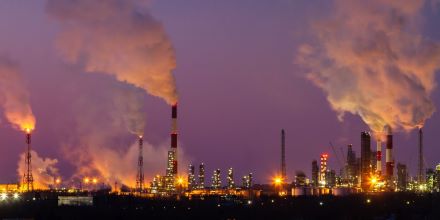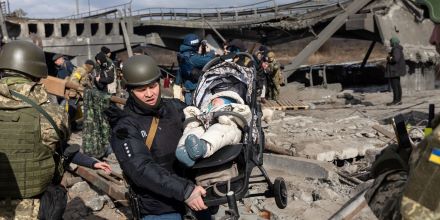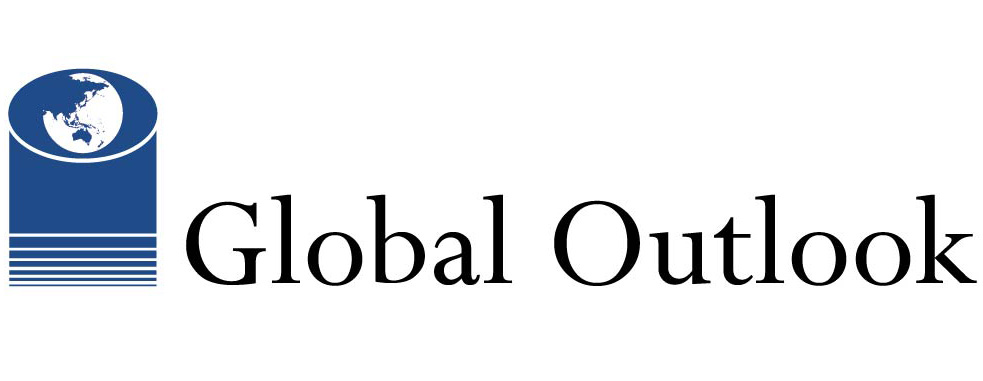
Curated expert opinion on intractable contemporary issues
Climate Change and the Tribal Communities of Manipur, India
By Robert Mizo | 21 March, 2022
Climate change is bound to have far-reaching implications on tribal societies even though they have traditionally lived in close harmony with nature. For them, climate change is an issue of human rights and equity as it threatens to disrupt their traditional ways of life and production through land degradation, agricultural shifts, changes in rainfall patterns, higher incidence of pests and diseases.
The Nuclear Weapons Prohibition Treaty: Future Prospects
By Kennedy Graham | 19 March, 2022
The First Meeting of the States Parties of the Treaty on the Prohibition of Nuclear Weapons TPNW (CMP-1) is scheduled for mid-2022. What does the future hold for this controversial instrument?
Putin’s Actions in Ukraine are Vile, But Russia was Sorely Provoked by NATO
By Ramesh Thakur | 15 March, 2022
Resorting to what President Barack Obama called the Washington Playbook of militarised response to a foreign policy crisis, Arta Moeini writes, the ruling elites in the West collude with the mainstream media in a Manichean framing that ‘redirects a natural reaction of sympathy felt by all into a moral outrage that insists on certain retaliation’. This doesn’t just enable, it ennobles the American war machine. For this to work, though, one’s own culpability in creating the crisis in the first place must be forcefully rejected.
Escalation and De-escalation in the Ukraine War
By Tobias Debiel and Herbert Wulf | 15 March, 2022
Since 2021, at the latest, there has clearly been a perpetrator for the escalation in the Ukraine conflict: Russia's President Vladimir Putin. By his belligerent and cynical war rhetoric, he has frustrated the possibilities for peaceful settlement. Not only is the demilitarisation of Ukraine being sought, but the country is even being denied its right to exist. Added to this is the bizarre notion of "denazification" and a hint of threatening nuclear escalation should the West stand in the way of the invasion. Putin escalated, operationally and rhetorically, when he alerted of the so-called deterrence forces and equated the West's sanctions with a declaration of war.
Three Comments on Ukraine and Nuclear Risks
By Ramesh Thakur | 14 March, 2022
Three overarching goals have informed the Asia Pacific Leadership Network's (APLN) approach to nuclear threats since its inception a decade ago: the imperative to hold firm against proliferation, the matching importance of credible steps toward disarmament, and defusing geopolitical tensions that heighten nuclear risks. All three are at play in Ukraine.
The Tragedy in Ukraine That Could Have Been Avoided
By Chung-in Moon | 12 March, 2022
People may take various positions on what happened in Ukraine, but when it comes down to it, the most important – and tragic – fact is that all this destruction could have been avoided.
The views and opinions expressed in Global Outlook are those of the authors and do not necessarily reflect the official policy or position of Toda Peace Institute.
